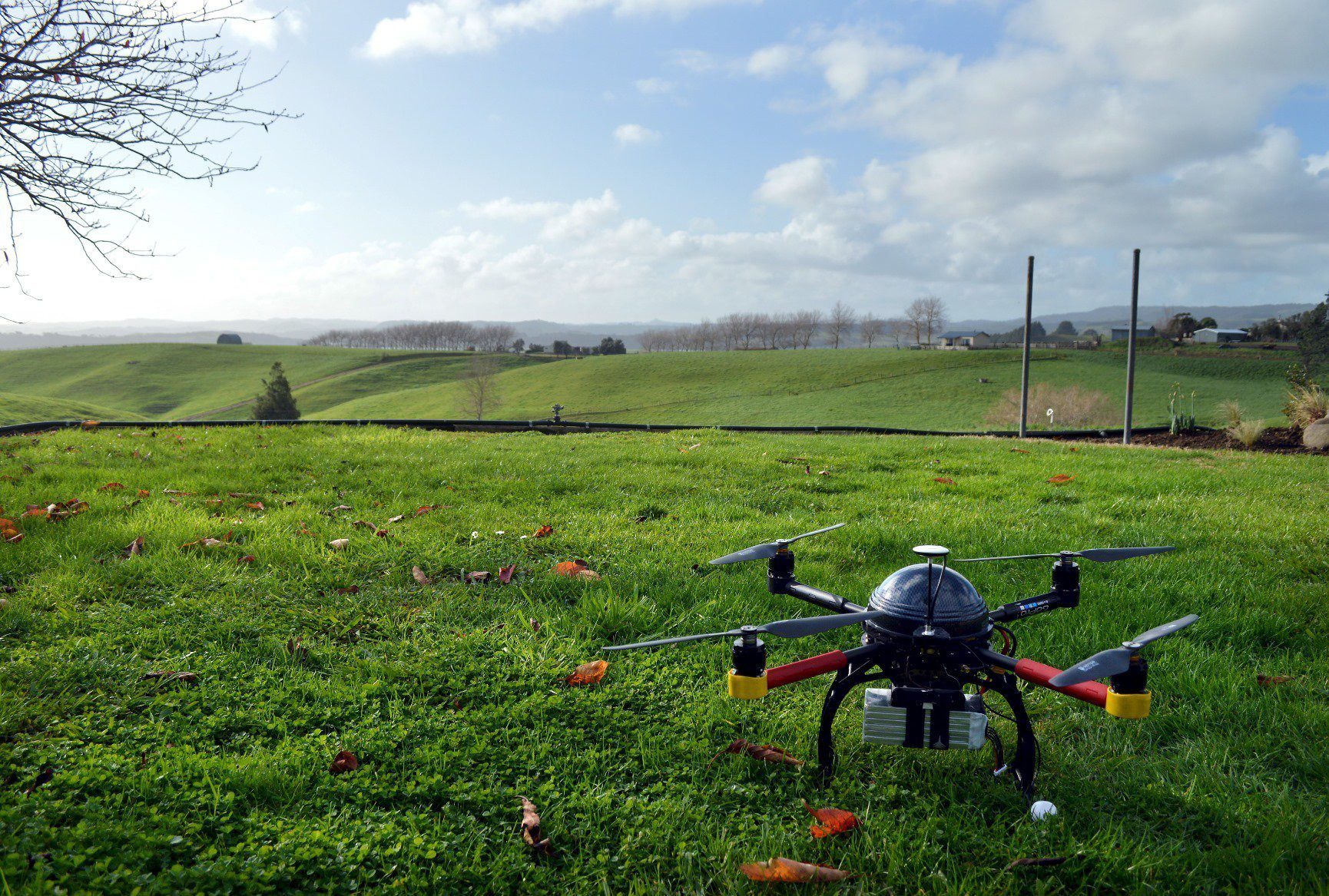The Industrial Revolution and Digital Revolution are two major technological advancements in human history. The former began in the late 18th century in Britain and lasted for several decades, with significant changes in agriculture, manufacturing, transportation, and communication technologies. Meanwhile, the latter began in the late 20th century with the development of personal computers, smartphones, and the internet. Both have brought significant economic consequences, but the digital revolution has created a new class of highly skilled workers, while leaving behind those with obsolete skills, leading to growing economic inequality. The Industrial Revolution had a severe impact on the environment, while the digital revolution has less severe effects. Both have transformed society with significant social and cultural changes.
The Industrial Revolution vs. The Digital Revolution: A Tale of Two Technological Advances
Humanity has undergone many technological revolutions throughout history, from the agricultural revolution to the scientific revolution to the information age. However, two of the most significant technological leaps were the Industrial Revolution and the Digital Revolution.
What is the Industrial Revolution?
The Industrial Revolution began in Britain in the late 18th century and lasted for several decades. It was a profound and far-reaching transformation of the economy and society. It was characterized by significant changes in agricultural, manufacturing, transportation, and communication technologies, which improved efficiency and productivity, leading to unprecedented economic growth and social changes.
The Key Features of The Industrial Revolution
The Industrial Revolution brought many changes in several dimensions:
- Emphasis on machines over human labor
- Rapid urbanization and industrialization
- Development of new transport systems (railways, canals, steamships) to move goods and people
- Increasing use of coal and other fossil fuels
- Development of new forms of finance, like credit and loans
What is the Digital Revolution?
The Digital Revolution is the sweeping transformation of the economy and society that began in the late 20th century. It was driven largely by the development of new technologies like personal computers, smartphones, and the internet.
The Key Features of The Digital Revolution
The digital revolution is characterized by many revolutionary features:
- Increasing reliance on digital technology in all industries and sectors
- Unprecedented connectivity and proliferation of devices
- Improved access to information and data
- Increased convenience, speed, and efficiency of communication and transactions
- Greater automation of many jobs and industries
Comparison between The Industrial Revolution and The Digital Revolution
Although the Industrial Revolution and the Digital Revolution are undoubtedly two significant and revolutionary technological advances, they are also quite different in several key aspects.
Economic Consequences
Both revolutions had significant economic consequences. The Industrial Revolution led to a boom in manufacturing and production, which resulted in more jobs, higher wages, and increased per capita wealth. In contrast, the Digital Revolution has led to the automation of many jobs, creating a new class of highly-skilled workers and leaving behind many with obsolete skills, leading to growing economic inequality.
Impact on the Environment
The Industrial Revolution had a catastrophic impact on the environment. The widespread use of coal and other fossil fuels led to significant air pollution, causing health problems for millions of people worldwide. The Digital Revolution, on the other hand, has less severe impacts on the environment, with the growing use of renewable energy sources, and the increased use of virtual technology reducing the need for physical infrastructure in workplaces and education.
Social and cultural changes
The Industrial Revolution led to several transformative social and cultural changes, such as the growth of urban centers, the appearance of a new middle class, and various political and social movements working for labor rights, education, and other reforms. The Digital Revolution has also made a significant impact on society, creating new forms of communication and connectivity, new cultural trends and practices, and free – flow of information.
Conclusion
In conclusion, the Industrial and Digital Revolutions, respectively, brought unique features to the world in which distinct advantages and disadvantages ensued. The Industrial Revolution had far-reaching impacts on how goods were processed and the new jobs that were created. The Digital Revolution, however, has redefined communication on a global scale, digitalized workforce sectors, and brought forth new cultural trends. Whatever the pros and cons are, these are revolutionary steps in the evolution of human technological advances that have irrevocable effects.
